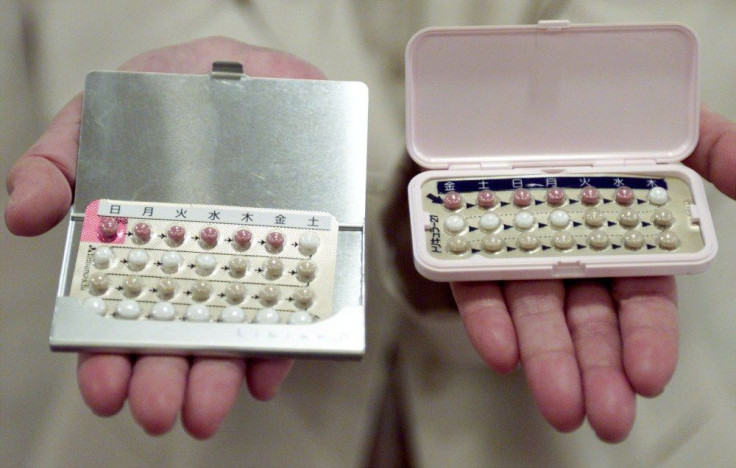New Versions of Contraceptive Pills Increase Risk Of Blood Clots, Study Confirms

Women who are taking new versions of contraceptive pills are at higher risk for developing blood clots compared to those taking the older forms, study confirms. The risk of developing the blood clot, called venous thromboembolism, or VTE, was found to be doubled in newer versions.
The May 26 published report found in the British Medical Journal revealed that new contraceptive pills containing drospirenone, gestodene, desogestrel and cyproterone have 1.5 to 1.8 times more risk of developing VTE compared to the older versions containing norgestimate, levonorgestrel and norethisterone.
To study the risks found in various contraceptive pills containing estrogen and progesterone, Yana Vinogradova, a research fellow from the University of Nottingham, examined patient medical records from a large U.K. patient database and used the data to compare prescriptions for women who had VTE and those who didn’t. The study did not include women who underwent recent surgery, had been pregnant or those who were already on anticoagulants before taking contraceptive bills, as reported in the Huffington Post.
After studying 10,000 records of patients with VTE and taking into consideration control groups of the same age group and other related factors, Vinogradova found that women who took birth control pills together with newer pill formulations had double the risk of developing VTE.
Despite the findings of her study, she does not discourage the use of pills. "Women on pills should not stop taking them only as a consequence of these findings because they may put themselves at a higher risk of blood clots associated with unwanted pregnancy and abortion," Vinogradova told CBS News.
According to the U.S. National Library of Medicine, VTE is a blood clot that forms in deep veins in the body that mainly affects lower leg and thigh veins. The condition is also potentially fatal. The study author suggests that any concerns regarding the use of combined contraceptive pills should be discussed with the doctor.
To report problems or leave feedback on this article, email: wendylemeric@gmail.com.





















